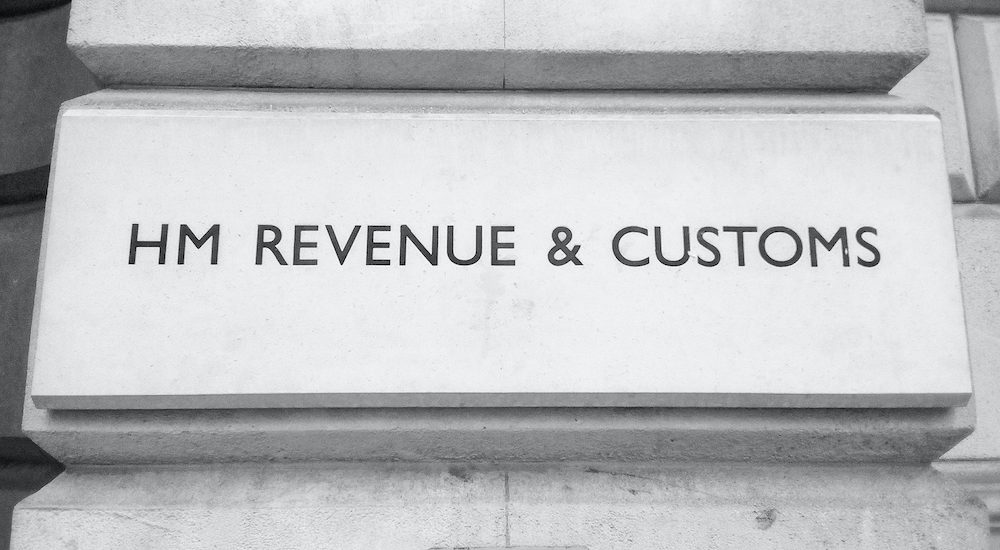- October 28, 2021
- Posted by: FCS Compliance
- Category: Blog

Ask The Expert:
Malcolm Driscoll, Lead AML Consultant, FCS Compliance
The laundering of money through prime London property has hit the headlines again. The Pandora Papers is the latest in a line of reports that uncovers the extent to which property is being used to launder money across the country in general, but in prime London specifically.
Like the Paradise and Panama Papers that came before, the Pandora Papers highlight the rise of complex offshore companies that are frequently used to mask the purchase of properties paid for with illicit funds.
Transparency is everything and for anyone working in a sector where anti-money laundering (AML) compliance is mandatory, the process begins with HMRC.
The message is clear. You’re either registered or you’re not. A good parallel is car insurance. If you’re not insured or haven’t renewed your insurance and you have an accident, the law has been broken and there are consequences to be paid. It really is that simple. There are no excuses. It’s the same with AML. If you need to be compliant, you must register or renew with HMRC; no ifs, no buts.
HMRC can check if a company is registered or not and can come knocking at your door at very short notice.
So where to start? The government’s website https://www.gov.uk/guidance/register-or-renew-your-money-laundering-supervision-with-hmrc has all the detail.
Essentially whether you’re registering or renewing you must be able to demonstrate that you’ve undertaken an AML Risk Assessment and ensure that frontline staff have received a level of training applicable to their role in the company. This includes all directors even those not involved in the day-to-day running of the business – so called sleeping directors.
HMRC will also expect to see an AML Policy and Procedures document which outlines in some detail the processes under which the business operates. This includes the appointment of a Money Laundering Reporting Officer (MLRO) and the undertaking of Customer Due Diligence (CDD).
It should outline the roles and responsibilities of the staff, together with the legislation that the business operates under and a record of its training programme. It’s a big document and one that takes time to pull together.
HMRC can get in touch at any time and usually the first indication a company has that HMRC is on their radar is when they receive an email to say they are about to carry out an inspection.
At this point they’ll want to see details of both your business and your clients; currently, over the last 12 months but could be up to the last five years. Before they arrive they will ask to be sent the firm’s AML Risk Assessment, Training Record and AML Policy and Procedures file. The cost of breaching any of these requests, or failings in Record Keeping and Customer Due Diligence, can amount to £1,500, per breach.
Meanwhile failure to register with HMRC, inform them of changes to your company, or provide them with information on request can result in fines of up to £350, per breach, for each trading year.
You can of course appeal but as I mentioned, it’s black and white – you’re registered and complying or you’re not, in which case there will be fines to be paid and the prospect of reputational damage to be faced.
A fine is bad enough, but reputational damage can be far worse. Companies failing to comply can face various penalties, ranging from warning letters to criminal prosecution and are published as a matter of public record.
HMRC consider money laundering to be one of the most serious of crimes and have upped their game in an effort to crack down on fraudulent activity. Money laundering is not confined to top end properties, any property transaction provides the opportunity to launder significant funds and criminals do not think twice about exploiting the market and estate agents for their own commercial gain.
Registering and renewing your business with HMRC and being AML compliant at all times has never been more important. The Pandora Papers is a stark reminder to us all of the prevalence of money laundering and the consequences of being found out.
– October 2021 –
About the author
Malcolm Driscoll has over 40 years’ experience of working in financial fraud and crime enforcement. He was a member of Hertfordshire Constabulary, the City of London and British Transport police. As a detective in the Criminal Investigation Department (CID) Malcolm specialised in financial fraud and intelligence where he worked on a number of high-profile cases. In 2019 he joined FCS Compliance.

